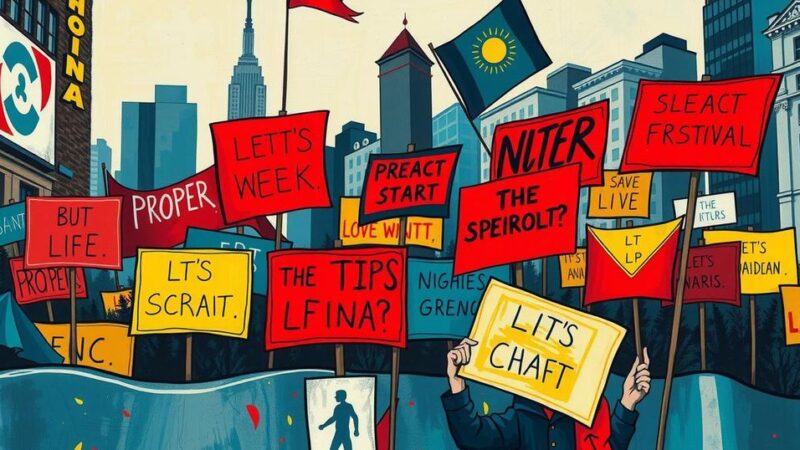Netumbo Nandi-Ndaitwah’s election as President of Namibia is met with optimism, with hopes for compassionate governance that prioritizes public service over self-interest. Addressing the needs of over 720,000 residents living in urban shack dwellings is critical. Effective policies and initiatives aimed at reducing poverty and inequality must be enacted to foster an inclusive and equitable society.
President-elect Netumbo Nandi-Ndaitwah’s appointment has garnered widespread approval among Namibians, who anticipate a shift from self-serving politics to compassionate governance. Many citizens hope for a focus on public service and sound policies that address urgent societal issues, as the current administration has been mired in corruption and misallocation of resources.
As you assume office on March 21, I trust that you reflect on the plight of over 720,000 citizens living in urban shack dwellings—known locally as uumbashu. This demographic, equating to one in five Namibians, resides under impoverished conditions that lack basic services such as water, electricity, and sanitation.
Census data indicates alarming growth in urban shacks, with numbers increasing from approximately 10,288 in 1991 to an estimated 217,069 in 2023. Should the current annual growth rate of 8.9% persist, projections suggest an increase to around 257,000 shacks by 2025, where countless Namibians strive to find rest amidst dire conditions.
These residents often lack secure land rights, living in makeshift structures that are chronically underserved by necessary infrastructure. Many are forced to relieve themselves in plastic bags or in secluded areas under cover of darkness due to insufficient sanitation facilities.
The absence of land ownership stifles economic growth for these families, leaving them unable to invest in their properties or utilize them as economic assets. Consequently, shack dwellers remain in a cycle of poverty, and the risk of multiple diseases, including cholera and pneumonia, is significantly heightened in these overcrowded environments.
The socio-economic disparity illustrates a stark reality in Namibia, where individuals are discriminated against not by race but by social class. It is disheartening to witness such extremes existing in a nation celebrated for its liberation struggles from racial discrimination. The crisis of slum living poses a moral dilemma for the current government, which continues to mismanage public resources originally intended to serve all citizens equitably.
Despite the available financial resources and land, ineffective governance has perpetuated this unfortunate reality. Recently appropriated funds intended for low-income housing have seen poor implementation, raising questions about priorities when resources are allocated to aesthetic projects, such as a wall to conceal informal settlements, rather than resolving underlying issues.
Previous housing initiatives have largely failed, plagued by corruption and inefficiency. This has only resulted in a marginal slowdown in the growth of slums, while wealth continues to accumulate among a select few. Namibia faces challenges shared by many nations but has the unique opportunity to address them, given its relatively small population of slum dwellers and financial capabilities.
President-elect Nandi-Ndaitwah, I urge you to advocate for solutions that improve living conditions for the estimated one in five citizens who endure these hardships each night. Executing a national program focused on eradicating slums by 2035 should be a priority, along with providing affordable, serviced land for development.
Successful models already exist, such as those implemented in Okahao. Through dedicated efforts, the conversion of informal settlements into organized, community-based structures is achievable. Such initiatives will allow residents the security needed to invest in their homes and improve their living conditions over time. With firm commitment and effective governance, these objectives can be realized, thus shaping a meaningful legacy for you and your administration.
In summary, President-elect Netumbo Nandi-Ndaitwah is faced with the crucial challenge of addressing the severe conditions faced by a significant portion of the Namibian population living in slums. With effective policies, prioritizing public service, and restructuring land and housing initiatives, her administration can initiate profound change. By confronting the issues of poverty and inequality head-on, Namibian society can improve and ensure a brighter future for all citizens.
Original Source: www.namibian.com.na






